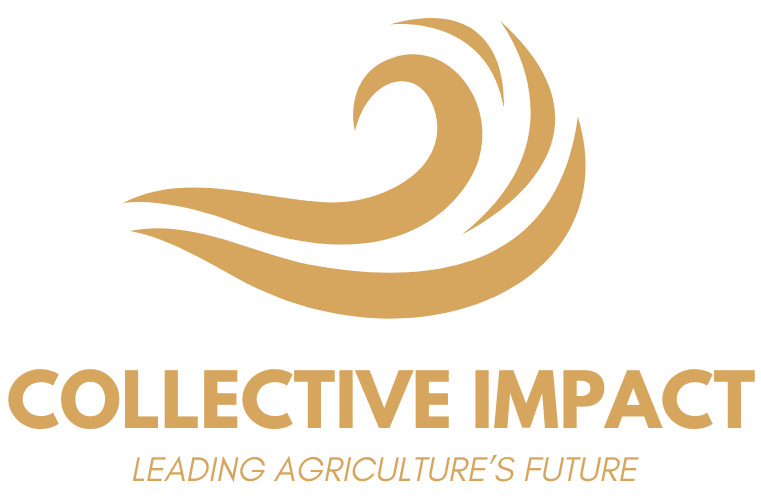Below is An Excerpt from ESMC, Link To Original Article Below:

General Mills through ESMC provides payments and ongoing technical assistance for Canadian farmers advancing regenerative agriculture
Canadian farmers participating in an Eco-Harvest scope 3 ecosystem services project received more than $310,000 in total payments this spring from General Mills. This pilot research project, one of 20 ESMC Eco-Harvest projects, launched in 2022 with growers on more than 34,000 acres in Manitoba and Saskatchewan provinces. With these payments complete, ESMC is quantifying 2022 outcomes.
The Ecosystem Services Market Consortium (ESMC) Eco-Harvest’s agricultural supply chain program rewards farmers and ranchers for beneficial environmental outcomes from regenerative agriculture. Participating growers produce oats, rye, wheat, peas, and barley while utilizing conservation practices such as nutrient management, reduced tillage, and cover crops. General Mills’ investments in the project help engage farmers, in the company’s key sourcing regions, with opportunities for increased soil health and regenerative agricultural transformation. Farmers then receive payment for the resulting ecosystem services.
Michael and Regan Ferguson, farmers who are participating in the project, noted, “We view our farm as being very innovative and having a close relationship to our buyers and end users. The strong relationship between General Mills and ESMC has led us to want to work with ESMC and their partners to create a successful carbon solution for all parties involved.”
Data collected from the project’s outcomes will be used to develop future Scope 3 outcomes, allowing farmers to receive compensation for soil carbon storage and reduced greenhouse gas emissions in this region.
ESMC and General Mills are also working with farmers to conduct research on intercropping, full season cover cropping, and cropland grazing systems as additional practice change options for Eco-Harvest projects.
“Since 2019, General Mills has supported the advancement of regenerative agriculture in Manitoba and Saskatchewan,” said Jay Watson, director of regenerative agriculture, General Mills. “Through ESMC, we are financially rewarding farmers for producing ecosystem outcomes. This project connects to broader regenerative agriculture initiatives in the region where we are measuring soil health along with insect and bird biodiversity. The collective commitment of participating farmers and leading partners like ESMC, Understanding Ag, and Impact Carbon are driving positive ecosystem change.”

The scope 3 ecosystem services program in Manitoba and Saskatchewan is the first ESMC Eco-Harvest project operating outside the United States with partners including General Mills, Impact Carbon, and Understanding Ag. The ability to engage in carbon markets with a number of practice change options makes Eco-Harvest’s flexibility an asset for participating farmers.
The Ferguson’s noted, “We continue to learn about water holding capacity, water infiltration, and increasing organic matter content. One of the most interesting things we have learned about is the quality differences in commodities we produce as we continue to apply new management techniques. Carbon continues to be a focus in our industry. We need to learn how management practices change the carbon outcomes so we can educate ourselves.

Farms naturally always want to improve and become more efficient, we believe that farming practices that can show benefits agronomically, economically and are sustainable will build the future of carbon farming.”
“We are enthusiastic about the innovation and buy-in of participating growers and companies who are investing in and growing the program with us. Practice changes can increase resiliency, but they take time, technical and financial support, and increased short-term risks,” said ESMC’s Debbie Reed. “The on-the-ground grower support provided by Understanding Ag, coupled with incentive payments, helps mitigate producer risks and improve grower resilience and profitability. Growers like the Fergusons, and partners like General Mills, who are willing to also engage in research to build new opportunities are essential to long-term agricultural resilience and beneficial outcomes.”
Photos: Michael and Regan Ferguson with their family; at the Ferguson farm
Link to Main Article Below 👇👇👇
